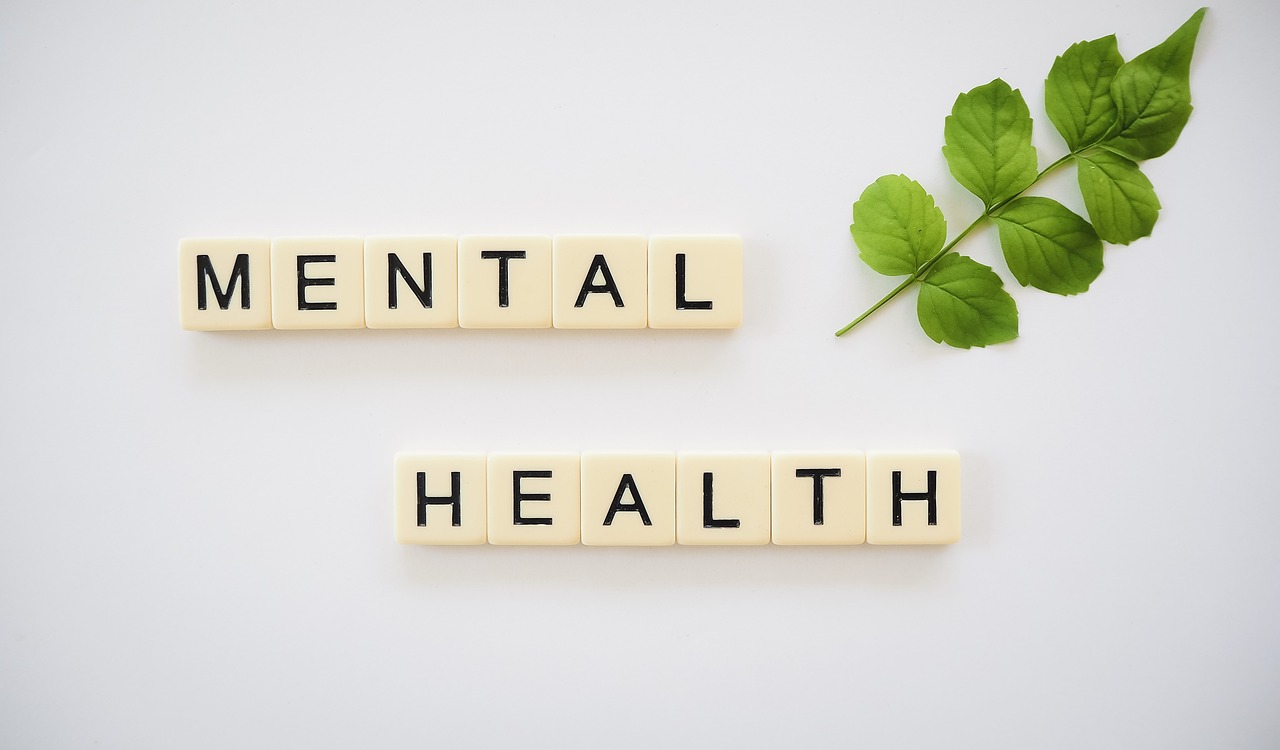Article
Understanding the Facts of Anxiety Disorders and Depression is the First Step
From Anxiety and Depression Association of America
At a Glance
Anxiety and depression are complex emotional disorders that affect millions of people around the globe. These conditions can profoundly impact one's life, affecting everything from personal relationships to professional aspirations. While they may seem daunting, understanding them is the first step towards managing their symptoms. This listicle aims to distill the essence of a comprehensive article from the Anxiety and Depression Association of America (ADAA), shedding light on what anxiety and depression are, how they intersect, and strategies for coping. With insights from mental health professionals, here are five key takeaways to help individuals better understand these conditions and find pathways to relief.

Top 5 Things to Know
1. Understanding Anxiety
Anxiety, more than just feeling stressed or worried, is a persistent condition that can cause significant distress and hinder daily functioning. It's characterized by an excessive and prolonged sense of apprehension and fear, which can manifest through physical symptoms like increased heart rate, sweating, and fatigue. Anxiety disorders are the most common mental health concerns in the United States, affecting millions of adults. They encompass various forms, including generalized anxiety disorder, panic disorder, and social anxiety disorder, each with its unique manifestations but all rooted in excessive, irrational fear and worry.
2. What Is Depression?
Depression is a common but serious mood disorder that involves persistent feelings of sadness, hopelessness, and a lack of interest or pleasure in previously enjoyed activities. It's not just a bout of the blues; depression can affect one's ability to function at work and home and can significantly impair quality of life. Symptoms can be physical, too, including changes in appetite or weight, sleep disturbances, and a decrease in energy levels. Understanding depression means recognizing it as a complex condition that requires professional treatment and support.
3. Coping with Anxiety and Depression
Coping with anxiety and depression involves multiple strategies that focus on reducing symptoms and improving overall well-being. Effective coping methods include therapy, such as cognitive-behavioral therapy (CBT), which helps individuals change negative thought patterns. Lifestyle modifications, like regular physical activity and a balanced diet, can also make a significant impact. Additionally, mindfulness practices and relaxation techniques can reduce stress and promote a sense of calm. Medications might be prescribed in some cases, offering relief for more severe symptoms.
4. Combating Stigma and Encouraging Support
One of the major barriers to treatment for anxiety and depression is the stigma that surrounds mental health issues. This stigma can prevent people from seeking help due to fear of judgment or misunderstanding. It's crucial to combat this stigma by fostering a culture of openness and support. Encouraging conversations about mental health, sharing personal experiences without fear of stigma, and educating the public about the realities of these conditions are pivotal steps toward a more empathetic society.
5. The Importance of Professional Help
Seeking professional help is a critical step in managing anxiety and depression. Mental health professionals can provide a comprehensive assessment and develop a tailored treatment plan that may include therapy, medication, or a combination of both. Early intervention can lead to better outcomes, making it essential for individuals experiencing symptoms of anxiety or depression to seek help promptly. Remember, these conditions are treatable, and support is available.
Anxiety and Depression Association of America (ADAA)
The Anxiety and Depression Association of America (ADAA), plays a pivotal role in mental health and addiction education. With a mission to prevent, treat, and cure anxiety disorders, depression, OCD, PTSD, and co-occurring disorders, the ADAA offers resources and support to millions. By spreading awareness and promoting access to care, the ADAA is at the forefront of the fight against these conditions, helping to change lives and offer hope to those affected. Read the full article to learn more.
